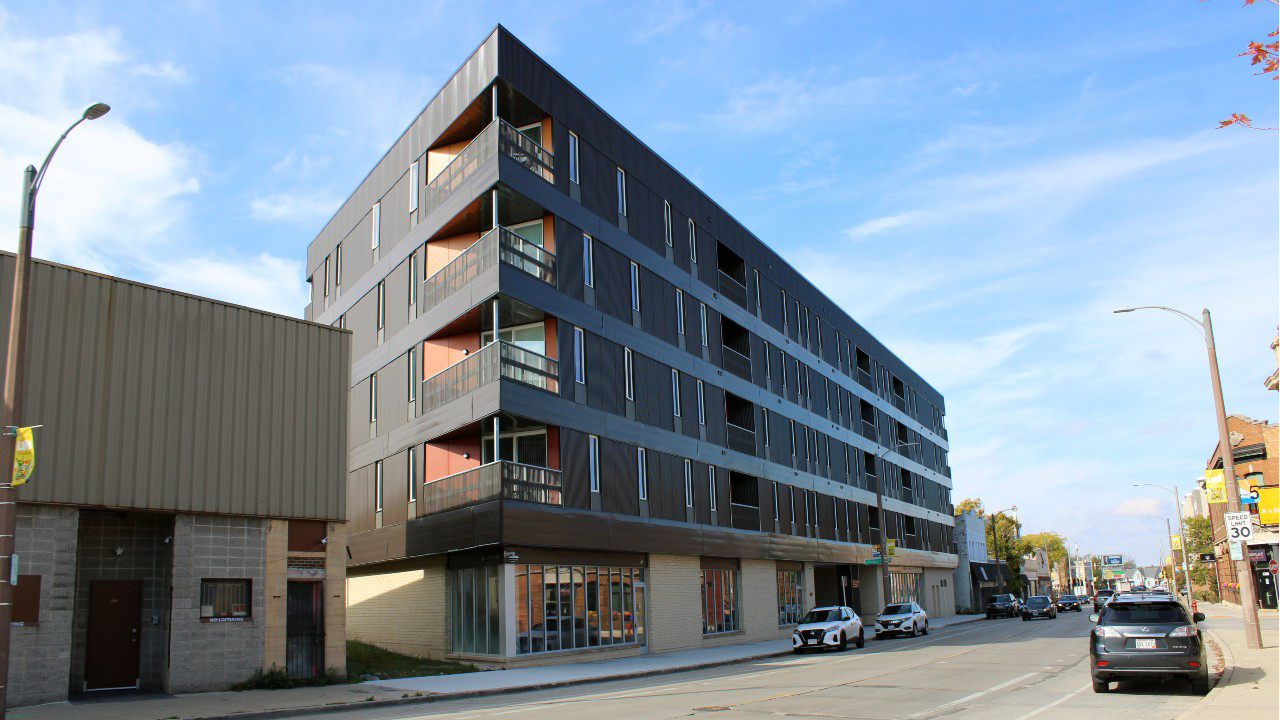H
ere's the rewritten text:
The commercial real estate market is slowly crawling back to life, but it's still a long way from recovery. The sector has been struggling since 2021, when interest rates skyrocketed and geopolitical tensions sent confidence plummeting. According to Joshua Oliver, the FT's property correspondent, "It was one of the worst downturns we've seen in commercial real estate since the global financial crisis." But now, with central banks cutting interest rates, investors are starting to see signs of life.
Investment volumes in Europe have increased by 4% this year, but they're still only half what they were at their peak in 2021. Oliver attributes this to a combination of factors, including the slow pace of real estate transactions and the reluctance of sellers to accept lower prices. "It takes time for owners of assets who want to sell to realize that the number on their piece of paper isn't the number they can get," he explains.
One area where commercial real estate investors are shifting their focus is residential sectors, which have seen a significant shortage in many countries. Oliver notes that this trend has been driven by the recognition that housing is a more stable and secure investment than traditional office or retail spaces.
Despite these signs of recovery, there are still risks lurking in the shadows. Oliver warns that "there's considerable distress out there" and that it may take time for distressed assets to surface. Additionally, the sector remains vulnerable to changes in interest rates and economic conditions.
In other news, inflation is still a concern in the Eurozone, with prices rising unexpectedly to 2.5% last month. However, the European Central Bank seems unfazed by this development, as it's still lower than their forecasted rate of 2%.
The French artificial intelligence company Mistral was once hailed as Europe's answer to US Big Tech, but it has struggled to keep pace with its larger rivals in the AI race. Despite a $6bn valuation and backing from Microsoft and Nvidia, Mistral has failed to deliver on its promise. According to Tim Bradshaw, the FT's global technology correspondent, "The funding race seems to be leaving them behind." However, Mistral's approach of using fewer chips than its competitors may yet prove to be an advantage.
Bradshaw notes that Mistral's pitch is similar to that of DeepSeek, a Chinese company that recently released a model using significantly fewer chips. While this development has raised questions about Mistral's ability to compete, it also highlights the potential for European companies to innovate and succeed in the AI space without relying on massive investments.
You can read more about these stories by clicking the links in our show notes. This has been your daily FT News Briefing – check back tomorrow for the latest business news.















